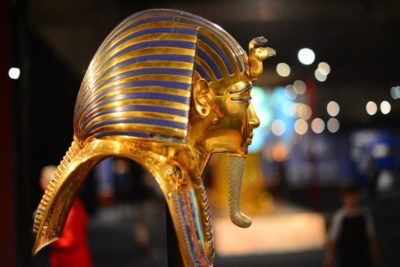
Good historical fiction is doubly hard to write. Not only are there the usual problems of writing good “fiction”: well plotted, richly detailed, stuffed with fascinating characters. But “historical” demands that whole additional burden of research, so that the end result is a convincing representation of a past time and often distant place. Why should we even bother?
Now Feels Pretty Good
In the first place, we and our readers find it entertaining, like a good History Channel program. It’s not so much what we learn (and I’m looking at you, History Channel, with your alien pyramid builders!) but the sheer pleasure of living for a while in an exotic time and place, imagining what it must have been like when a trip of a hundred miles took more than a day instead of an hour and a half. When doing the laundry meant beating the clothes on the rocks along the river, and not just pitching them into the washing machine for a few minutes. This isn’t idle fancy. It’s a healthy thing—especially for the young, who have never been without them—to reflect on the luxuries of our age and to picture life without them. To imagine life without modern dentistry and medical science, without cell phones and computers, so that everything was s-l-l-o-o-o-w-w, and life was short. Students used to ask me which age I’d like to live in, and the answer was always, “This one”—the one in which disease, dirt and discomfort have been minimized. It’s good to think about.
Land of Foreigners
There’s a trend these days for readers to look for protagonists like them: girls want female heroes. People of color want to see other minorities triumph, etc. But that’s only a good thing up to a point. Don’t we also need to see how people unlike us are, in fact, like us? If the past is a foreign country, its people are always foreigners. They not only dressed and spoke differently from us—all of us now alive—they had different values and saw the world differently. We might disagree with them about a lot of things. A chance to get inside their heads without judgment should be mind-expanding, like any cultural exchange. Unlike straightforward historiography, historical fiction humanizes the people of yore. We laugh and cry with them; we discover that they had the same feelings we do and suffered many of the same basic human sorrows, whether they looked like us or not. I don’t think it’s even important that this glimpse of their hearts is mediated by a modern author, because fiction is the creation of the illusion of reality, after all. Through historical fiction, we feel for and with the people of the past as we see them before us. And that is empathy.
Try Again
Finally, there’s the issue of learning from the past in the way that our high school history teachers described. “Such foolish mistakes” … and we still make them. “How wrong-headed”… and we haven’t gotten better. Or maybe we have; maybe our attitudes are evolving, and just one more push can bring us through to real humanity. Sometimes you have to see some success to keep the hope stoked. And historical fiction, which presents up-close-and-personal the lives of our forebears, teaches us a lot about how far we’ve come in a way that makes us care.

Marie Brack
Terrific post, very interesting. Thank you.
Eros Faust
Good post. With the advent of newspapers.com etc there is no better time to write historical fiction for settings from 1800 to today.
Louise Fiorelli Titchener
Great post. Historical fiction can bring the past to life not only for the reader, but for the writer.
Gary Stephens
Wow did I enjoy reading this. I’m currently writing my first novel, historical fiction. Once I finally got the layout, outline, character list and characters themselves discovered, dialogue, plot, scenes, sequels, arcs, etc. etc. LOL completed I’d say at least 75% is all research from there. The time period is 1873 in America. What a time steeped in interesting history! But one other thing, people ask me when my novel will be completed and how difficult it is to complete. I tell them the same thing every time: it’s the biggest and most difficult task of my life. And I love it!
Margaret Best
Maybe I’ll try historical fiction to get away from my genre of memoir. I love history–perhaps the American colonial period before the revolution. Sure, why not. I’m going to Williamsburg at the end of September, should be a great place for research and stepping into character.
Ginger Weddle
Thank you for this post. You inspired me to keep working on my historical fiction manuscript.
Anne
Great post – thank you! It’s a lot more work, but satisfying.
Niki Kantzios
So glad this touched a nerve for a lot of you. Long live the past!
Cristine H Pacetti
I recently read an article about how our ancestors’ memories are past down through our DNA. As writers of historical fiction, we are obligated to research the settings, but our characters reveal themselves to us through this intimate connection.
Niki Kantzios
What a fascinating idea!